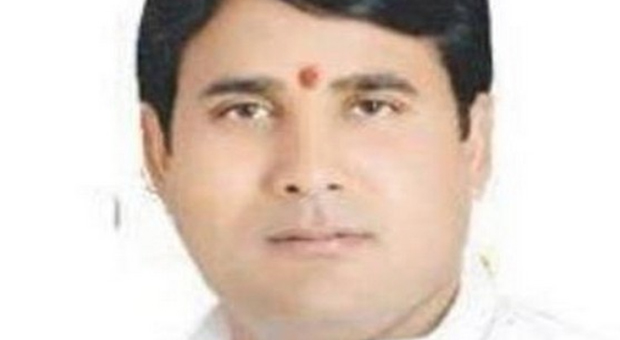New Delhi, Mar 20: Bodies of the four Nirbhaya convicts who were hanged on Friday morning at Tihar Jail have been sent to hospital for a post-mortem, following which it will be handed over to the families, according to an official.
After the hanging at 5:30 am today, the bodies were taken from Tihar Jail to Deen Dayal Upadhyay (DDU) Hospital for post mortem at around 8:20 am.
Tihar jail Director-General Sandeep Goel said that the bodies will be handed over to the families after the post mortem.
The families, however, will have to give a written undertaking that they will not make a public demonstration of the cremation or burial of the executed person.
The superintendent will also consult the District Magistrate and the Deputy Commissioner of Police for arrangements for the disposal of the body.
The post mortem comes in line with the Supreme Court's order in Shatrughan Chauhan's case in January 2014, which had mandated the same observing that there is a dearth of experienced hangman in the country.
"By making the performance of post mortem obligatory, the cause of the death of the convict can be found out, which will reveal whether the person died as a result of the dislocation of the cervical vertebrate or by strangulation which results on account of too long a drop," the apex court had said in its order.
"Our constitution permits the execution of death sentence only through the procedure established by law and this procedure must be just, fair and reasonable," the order added.
All four convicts in the 2012 Nirbhaya gang-rape and murder case -- Akshay Singh Thakur, Pawan Gupta, Vinay Sharma, and Mukesh Singh -- were hanged till death at 5:30 am this morning.
The case pertains to the brutal gang-rape and killing of a 23-year-old paramedical student in a moving bus on the night of December 16, 2012, by six people including a juvenile in the national capital. The woman had died at a Singapore hospital a few days later.
One of the adults accused had allegedly committed suicide in the prison during the trial, while the juvenile was released from a correction home after a period of three years.
 On August 8, 7 sailors were killed when Saudi-led forces bombed two boats near al-Khokha, a small port near Hodeidah city, Yemen. The authorities performed the last rites of those killed and buried them there, after informed family members in Gujarat.
On August 8, 7 sailors were killed when Saudi-led forces bombed two boats near al-Khokha, a small port near Hodeidah city, Yemen. The authorities performed the last rites of those killed and buried them there, after informed family members in Gujarat.






Comments
Add new comment